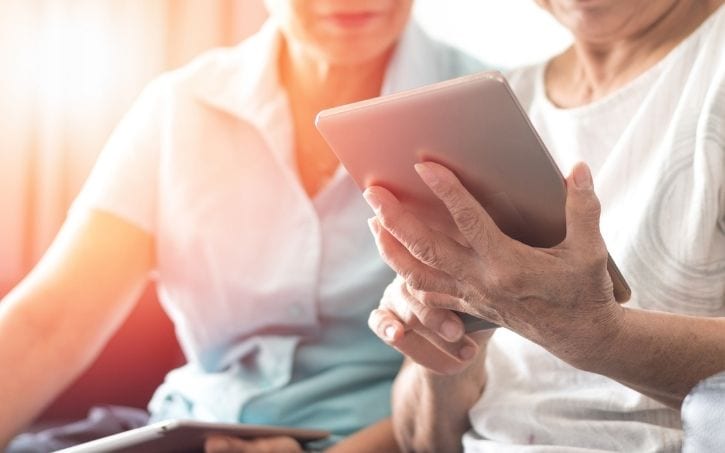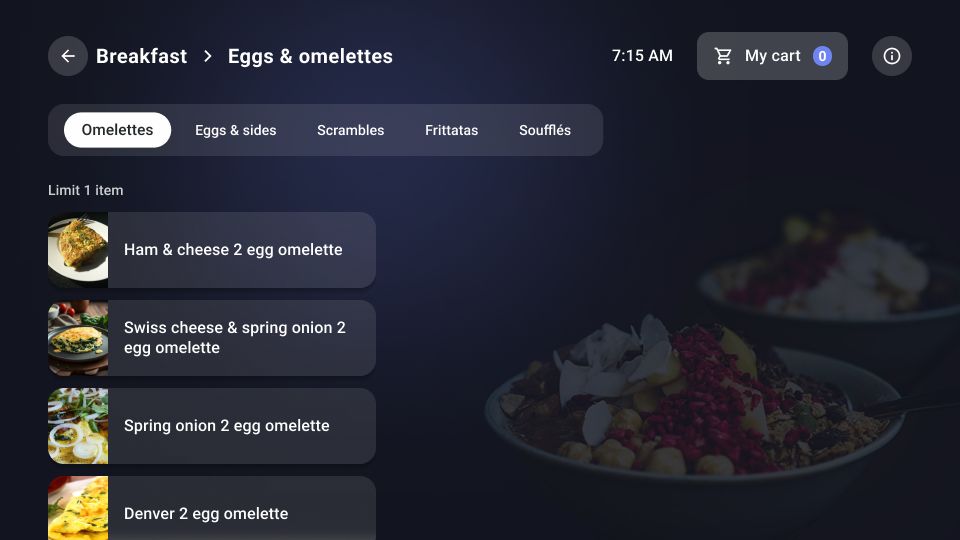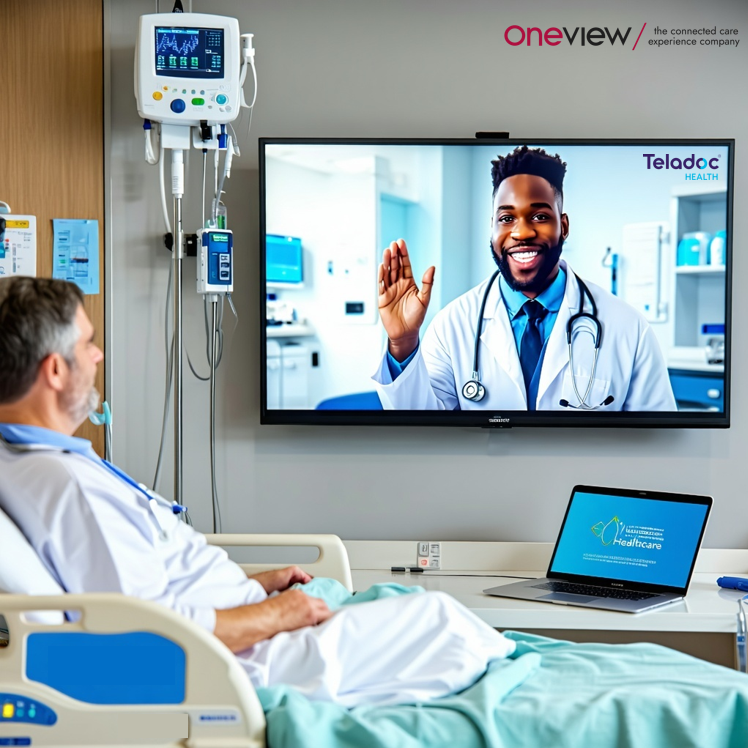Breaking Down Communication Barriers for Better Outcomes Using Patient Care Technology – Linda Belsanti, RN and Regional Sales Director at Oneview Healthcare
As a nurse, I always tried to look at it through patients’ eyes.
I was an ambulatory care nurse at the time. There was a gentleman I had arranged to come in to see me every morning to learn all the facets he would need to know to manage his new diagnosis. It would require education on a process he would most likely need to manage the entire rest of his life. I remember one morning he came in and I asked him, “Why is your blood sugar so high today? What did you eat this morning?”
And he said, “Two jelly doughnuts.”
And I said, “Well why did you choose the donuts?”
“Because they were two for a dollar.”
My heart just sank. Every day this man came in, and every day we checked his blood sugar, talked about his diet, how his body was processing the foods he was eating and educating him on his disease process, but nobody was learning anything. He wasn’t learning how to manage his condition, and I wasn’t learning why he couldn’t. Diabetes was his diagnosis. But there was another serious problem: a lack of insight into the patient’s day-to-day life and habits.
This is just one example of how historically we had brief interactions with our patients and hoped all the stars aligned and all the efforts put forth would help bring them closer to a state of wellness. But what about the rest of the time they were trying to manage their health? I became an early adopter of healthcare technology, because I knew it could help.
Interactive patient care technology has such an opportunity in healthcare. Something as simple as opening communication lines means a world of difference in helping clinicians understand what’s really going on with their patients. Beyond that, though, it also helps patients articulate. With better communication through patient care technology, patients and doctors can speak the same language and work together so much better.
And it’s about time. The days of patriarchal healthcare are ending. It used to be that patients wouldn’t dare question a doctor. Doctors knew everything. They were superhuman. Patients were even afraid to report certain things for fear that the doctor would be upset with them. But health is an ever-evolving journey with the patient at its core. Patients are more informed and prefer to be part of the decision-making process.
Medicine truly is a practice. Finding the right diagnosis and treatment often depends heavily on each patient’s experience (and ability to report it) throughout the journey: Medication reactions, changing symptoms, response to treatment. Doctors aren’t mind readers, and patients need to have the confidence to speak up, ask questions, and report their experience as clearly as possible. And they need a mode to do it.
What’s so exciting now is that healthcare technology – fitness trackers, video education, digital food journals and other communication tools – all help patients understand their own health better and help them prepare to speak with doctors the right way, with the right knowledge.
Another patient of mine from those days had high blood pressure. She came in for her routine appointment, we checked her blood pressure, adjusted her meds, sent her home and ask her to come back in a week to ensure the adjustment was having the expected effects. One day I went across the street for lunch and saw her at another table. She had come early to grab a bite before our scheduled appointment at one o’clock. I couldn’t believe my eyes as I watched her pick up the salt shaker. I counted. Twenty-seven times she shook it onto her food.
Twenty-seven.
But how was I to know during that fifteen minutes I saw her for her blood pressure check? She never said anything. She probably didn’t know she should.
Not anymore.
It’s an exciting time. We are witnessing digital patient care technology finally change problems we’ve been trying to solve for years. Putting patients at the center of their care, arming patients with information and providing modes of communication in ways we never thought possible. I’ve never been more proud to be a nurse and to have a hand in making healthcare better.
Oneview Healthcare provides digital patient care & experience technology. Find out more about our interactive patient care tools and solutions here.



